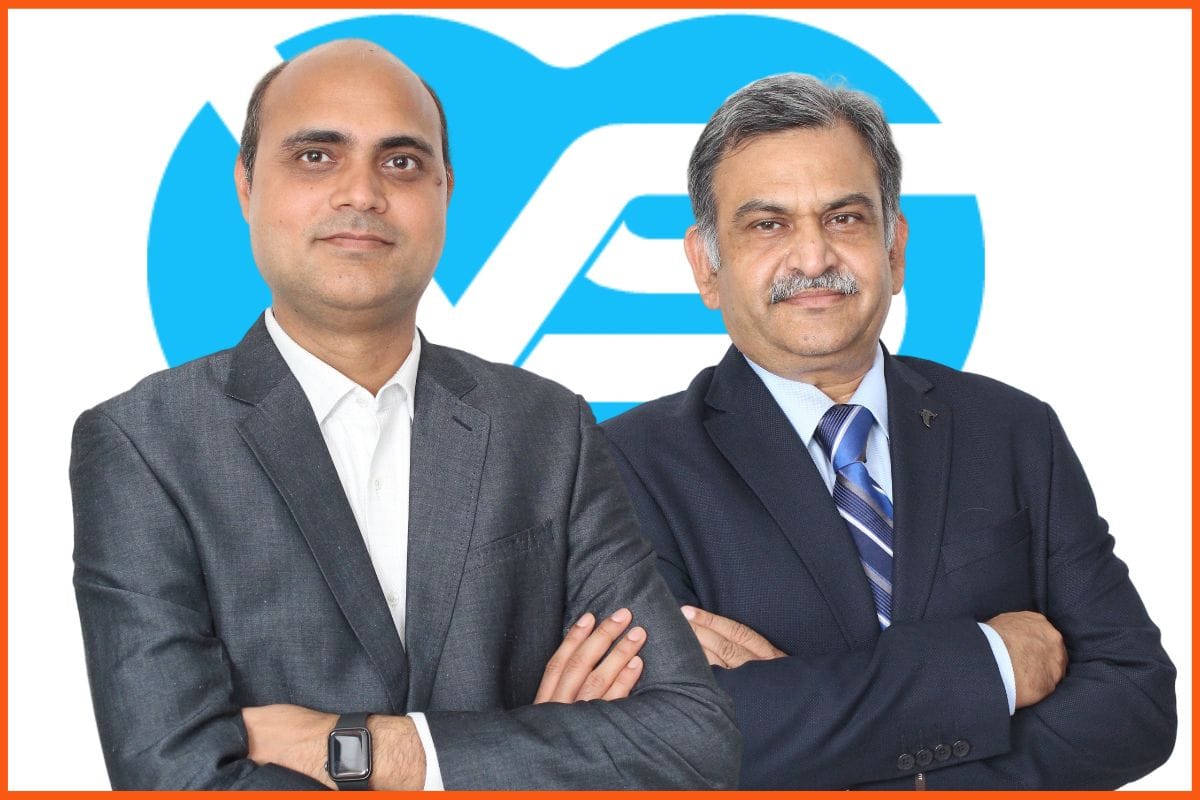Snapchat $10 Billion Loss - How Will It Become Profitable?
🔍Insights
As early as a day ago, the news headlines screamed about Snapchat losing USD 10 billion as its stock fell at a 52-week low. The company lost nearly 40% of its value and reported a net loss of USD 422 million. This is a consecutive loss after it reported a loss of USD 152 million the previous year as well.
Snapchat – A Brief
The Rising Fame of Snapchat
The Reason for the Loss
The Future of Snapchat
Snapchat – A Brief
Snapchat Inc. later renamed Snap Inc., developed the American multimedia instant messaging app Snapchat. It was created by Evan Spiegel, Bobby Murphy and Reggie Brown, all former students of Stanford University. Snapchat app became known for representing the new mobile-first direction for social media. It places significant importance on users interacting with virtual stickers and augmented reality objects.
Snapchat’s principal feature is that pictures and stories are available only for a short time to their recipients. Over time the app has evolved from a person-to-person photo sharing to now sharing ‘stories’ of 24 hours of chronological content. It also allows brands to show ad-supported short-form content. Its privacy includes allowing users to keep their personal photos in a password-protected space called ‘my eyes only’.
Snapchat exchanges more than four billion snaps a day. It registered a 23% growth last year in its user base registering a total of 293 million daily active users. Due to its popularity among the younger generation, specifical users under the age of 16 years, it has raised privacy concerns for the parents.
The Rising Fame of Snapchat
Evan Spiegel, Bobby Murphy and Reggie Brown worked closely together to develop the app, which was initially, launched in July 2011 as ‘Picaboo’. The app was so named due to its feature of disappearing pictures. It was relaunched as Snapchat in September 2011. From thereon, the company turned its focus from branding efforts to usability and technical aspects.
2012 - Trouble started brewing between the three app developers over the partnership and it took on the form of a legal battle.
2012 – The CEO of Snapchat, Evan Spiegel described the company’s mission - "Snapchat isn’t about capturing the traditional Kodak moment. It’s about communicating with the full range of human emotion—not just what appears to be pretty or perfect." He further elaborated and positioned Snapchat as the solution to the stress that was created due to the longevity of personal data on social media
2012 – This resulted in an increase of Snapchat images sent per second from 25 in May 2012 to 20 million images per day by November of that year. Within a space of 6 months, users had shared over one billion photos on the Snapchat iOS app
2012 – Snapchat also released the Android app in October this year
2013 – A new version 5.0 of Snapchat was released for iOS. New features were available in this updated version like speed and design enhancements, swipe navigation, an improved friend finder and in-app profiles
2013 – In June Snapchat introduced Snapkidz. This app was made for children under 13 years of age. It was a part of Snapchat and activated only when the user verified their age by keying in his/her birthdate. This app only allowed users to click photos and draw restricting them to send to other users. Also, any photos could only be saved locally on the device being used.
2014 – In September Reggie Brown settled with Spiegel and Murphy for USD 157.5 million and was also credited as one of the authors of Snapchat
2015 – Snapchat’s users were sending 6 billion videos per day by November
2016 – In a few short months that figure reached 10 billion videos per day
2016 – By May of this year, Snapchat had generated strong investor interest and raised USD 8.1 billion in equity offering
2017 – The app’s popularity had grown its daily active user base of 166 million by May
2017 – In November Snapchat ran into a spot of trouble when its redesign was not received enthusiastically. This caused Snap Inc., to lose USD 1.3 billion in market value
2019 – Snapchat rallied and by the end of the year had ranked as the fifth most downloaded app of the decade
2020 – Snapchat acquired AI Factory, a computer vision start-up to boost its video capabilities
2020 – In November Snapchat announced ‘Snapchat Spotlight’. It declared a total pay out of USD 1 million a day to users posting viral videos. However, the criteria for a video to be considered viral was not specified, nor was there any clarification on the distribution of the prize money
2022 – Last month Snapchat announced its plans to launch Snapchat Plus – a subscription-based model. The subscription will allow its users access to additional features and an ability to change the app icon.
The Reason for the Loss
Snap Inc., the camera and social media company went public in 2017 with a share value of USD 27. In October of 2021 its stock price peaked at USD 83. The stock saw a deep plunge of 25% just a few days before after the company posted a Q2 loss of USD 422 million.
The company’s second-quarter investor letter read - “The second quarter of 2022 proved more challenging than we expected, Our financial results for Q2 do not reflect the scale of our ambition. We are not satisfied with the results we are delivering, regardless of the current headwinds.”
Although Snap’s user base has grown from the first-quarter’s 332 million to second-quarter’s 347 million daily active users, the company’s losses have been attributed to a few broader reasons
- Increase in cost of revenue – payments to content partners, costs of creating content and inventory costs for Spectacles – the company’s camera-enabled sunglasses.
- Snapchat’s rejection of USD 3 billion from Facebook resulted in Facebook turning Instagram into a formidable competition to Snapchat. Instagram offers the same features made better than Snapchat.
- The reduced advertising content on Snapchat is increasing pressure on revenue.
- Economic challenges mean Snap is facing rising inflation and interest rates, supply chain shortages, labour disruption, policy changes as regards to the platform and, of course, the effects of the ongoing war.
The company has announced a significant slow-down of the hiring process.
The Future of Snapchat
Apple’s change in privacy policy has adversely affected many social media platforms and Snapchat is no exception. In April 2021, Apple announced it would ask iPhone users for permission before allowing social media apps to track their activity. This move is likely to be replicated by Google for Android devices. This move threatens companies like Snap whose revenue is largely dependent on selling smartphone ads.
However, the company is already on a quest of diverse revenue streams. It has already launched or has begun developing several new features designed to encourage users to buy products from brands within the app. It will allow Snap to earn commissions and increase revenue.
The company is, although going through a troubled time, by no means finished. It is already ideating and creating new revenue streams to emerge stronger and post substantial profits in the future.
FAQs
Why did Snapchat lose $10 billion?
Apple's change of privacy policy, tough competition, and rescued advertising content were some of the reasons why Snapchat stocks dropped.
What is the future of Snapchat?
The future of Snapchat depends on the new features the app may introduce and its subscription services.
Must have tools for startups - Recommended by StartupTalky
- Convert Visitors into Leads- SeizeLead
- Website Builder SquareSpace
- Run your business Smoothly Systeme.io
- Stock Images Shutterstock





